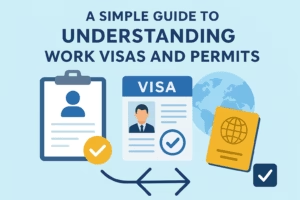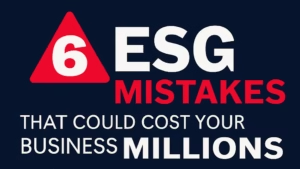
When people think about moving to Germany, the most common routes that come to mind are through education or skilled labor pathways. However, what many don’t realize is that there are also several lesser-known, legal pathways to relocate to Germany even without a job offer in hand. In this blog, we’ll explore some of these hidden migration opportunities that could open the door to your new life in Germany.
1. Opportunity Card
A special points-based visa, which is also known as Chancenkarte, that lets you come to Germany even without a job offer. You can stay for up to one year, work part-time, and look for a full-time job.
How to qualify (simplified):
- You need at least 6 points from:
- Your degree or vocational training.
- Language skills (German A1 or English B2).
- Work experience, age, previous stays in Germany, or jobs in demand:
- Show you can support yourself (via blocked account, savings, or sponsor).
2. Recognition Visa
Suppose your job qualifications (like nursing, IT, or engineering) aren’t fully accepted in Germany yet. In that case, this visa gives you up to 2 years to complete extra training or exams and become fully recognized, while working part-time.
How it works:
- Your qualification must be partially recognized in Germany.
- You’ve registered for additional training, adaptation, or exams.
- You speak German at an A2 level or higher
- You can support yourself (e.g., via a blocked account).
3. Freelancer Visa
Perfect for independent professionals like IT experts, writers, artists, designers, or consultants. This visa allows you to live and work legally in Germany without being employed by a company.
Quick facts:
- You must register for health insurance, taxes (freelance tax number), and you may need to show clients or contracts.
- Application cost is low – around €75 or ₦133,320 (in Nigerian Naira).
- The visa is usually valid for up to 3 years and is renewable.
4. Education Route
Studying in Germany is a powerful and underrated way to migrate, especially for young people. It offers high-quality and low-cost education; public universities often have free tuition, with only a small semester fee.
What you need:
- Admission to a German university.
- Proof of financial support of €11,208, or ₦30,118,360.00 (in Nigerian Naira) /year in a blocked account.
- Valid health insurance.
- Language skills (English for international programs, German otherwise).
- Student visa and residence permit.
Path to citizenship:
- 18 months post-study to find a job related to your degree.
- Switch to a work visa once employed.
- After 5 years (or 33 months in some cases) of working/living in Germany, apply for permanent residency.
- After 8 years (or 6 with integration courses), eligible for citizenship.
Final Tip
Germany also has special agreements with countries like Nigeria, Kenya, and India, which can speed up visa processing or offer special programs. Learn the basics of German, gather your documents early, and apply smartly!






